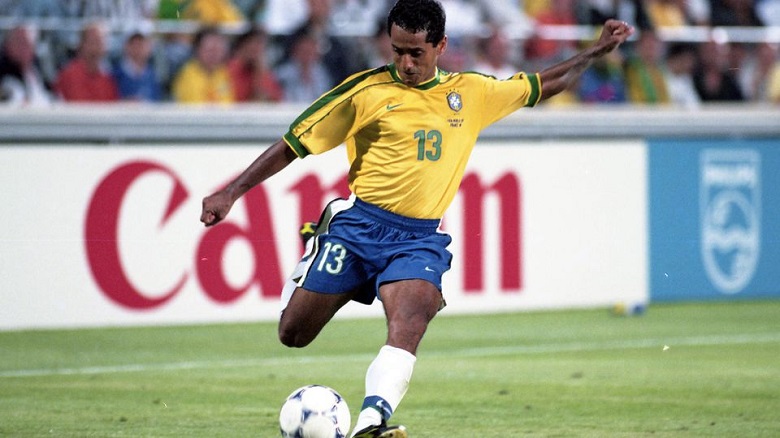
In his latest chronicle, Philippe Auclair addresses the dictatorship of the lessons and teachings that we draw from every football match.[expander_maker id=”1″ ] According to him, this dictatorship of the narrative skews judgement, especially among British journalists who are under a considerable pressure to publish their match reports “on the whistle”, meaning, as soon as the final whistle has blown. He believes that this practice is detrimental to objective analysis of matches.
British journalists have the habit of making hasty judgments based on contradictory emotions, after every match, which biases their analysis. Philippe Auclair cites the example of the match between Arsenal and Liverpool at Anfield. This match was considered a turning point for the Gunners, who had to win to keep their hopes alive for a place in the Champions League. But the final result triggered a series of actions that were detrimental to the players’ morale.
According to the British press, Arsenal lost their footing at Anfield last weekend when Granit Xhaka provoked Alexander Trent Alexander-Arnold. The criticisms rained down heavily on the Gunners, but were these comments justified? Philippe Auclair questions this dictatorship of post-match analysis.
The journalist cites a particular case to illustrate his point of view, the match between Manchester United and Bayern Munich in 1999. In the 91st minute, Teddy Sheringham scored the equaliser goal, followed by Ole-Gunnar Solskjaer’s winner in the 93rd minute, giving Manchester United the Champions League title. This match embodies the very concept of a miracle, an improbable comeback won in the last second. What is certain is that if journalists had published their analyses “on the whistle”, they would have missed the very essence of this match.
Philippe Auclair’s chronicle aims to show that football journalism is often dictated by subjective considerations, especially among British journalists who are bound to publish their analyses in a very short time frame. According to him, it’s time to rethink the way journalists approach football. For this, it is important to take a step back and let time take its course to develop an objective analysis.
The specific case of Arsenal is particularly eloquent. The Gunners played an exceptional match against Liverpool, producing an offensive and dynamic game. They managed to equalise after being behind, but unfortunately, they did not manage to score the winning goal, despite numerous opportunities. Journalists were very critical after the match, accusing Xhaka and the team of losing their footing due to his provocation of Alexander-Arnold. Were these judgments justified? Philippe Auclair believes not, and that is where the real weakness of football analysis lies.
Philippe Auclair’s chronicle is a call to reflection for football fans. It shows that post-match analysis is often dictated by subjective considerations and should be approached with greater perspective. It is important to give commentators and journalists time to reflect on what has happened during the match, to develop objective and measured analysis. This will require a greater effort on the part of the sports press, but it will produce more accurate and objective analyses.[/expander_maker]
About the author : Roman
Latest videos
Join our mailing list today
Insider offers & flash sales in your inbox every week.
Curabitur non nulla sit amet nisl tempus convallis quis ac lectus dolor sit amet, consectetur adipiscing elit sed porttitor lectus.





